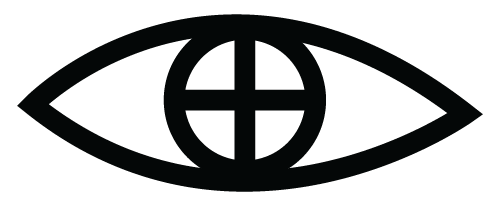

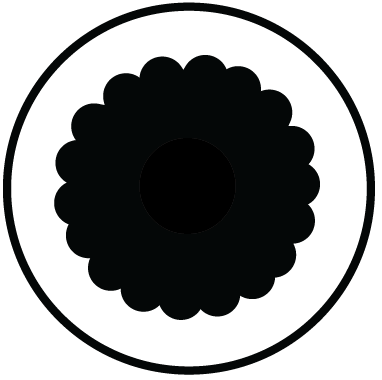

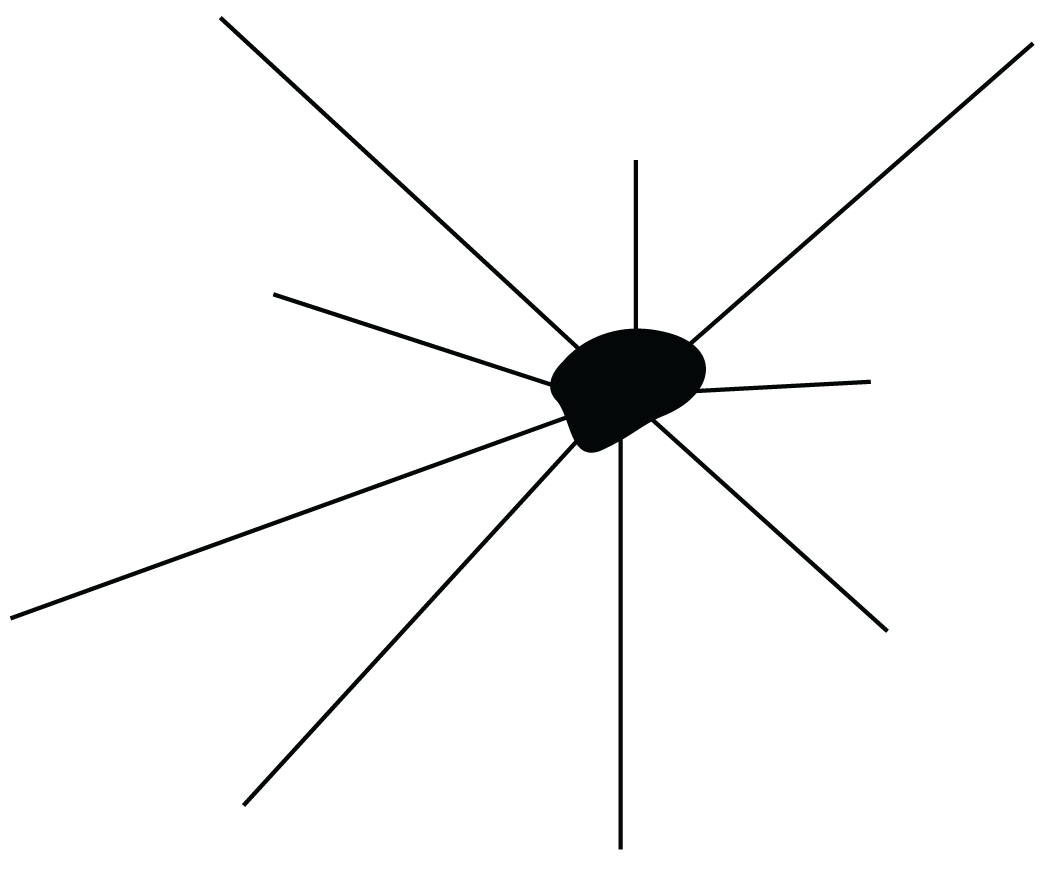
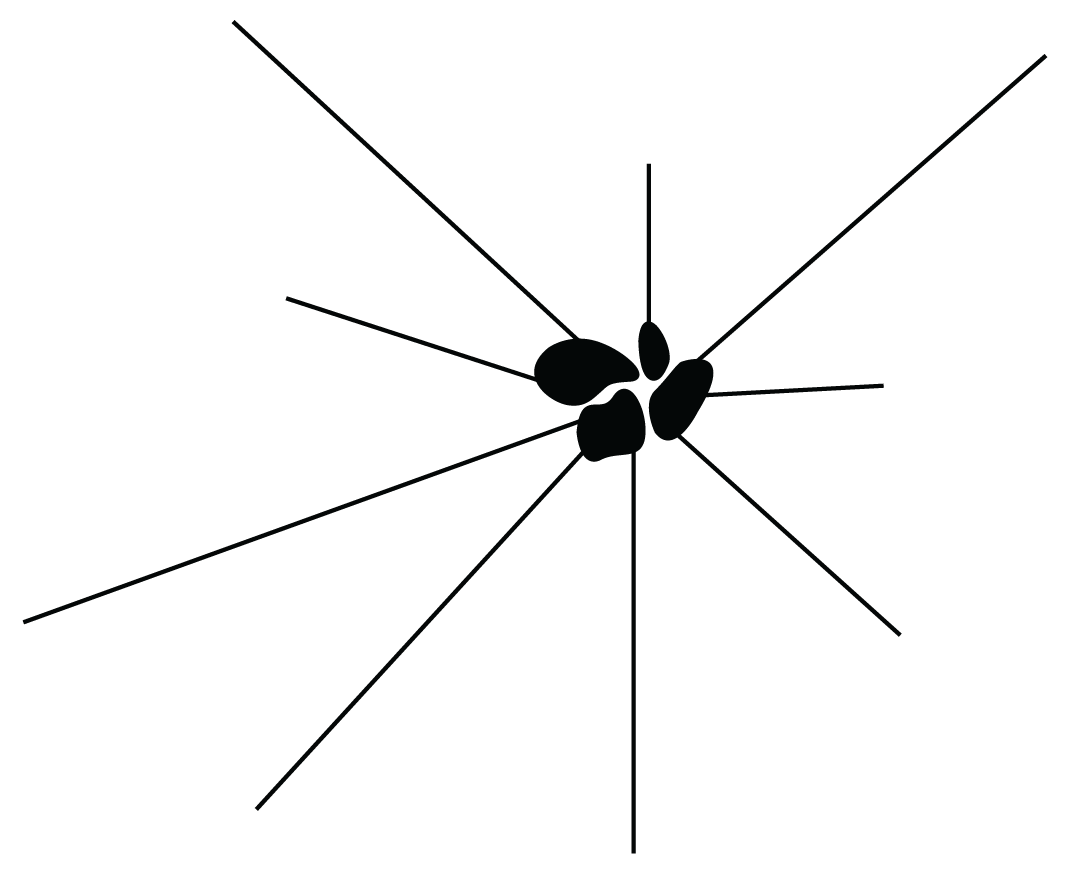
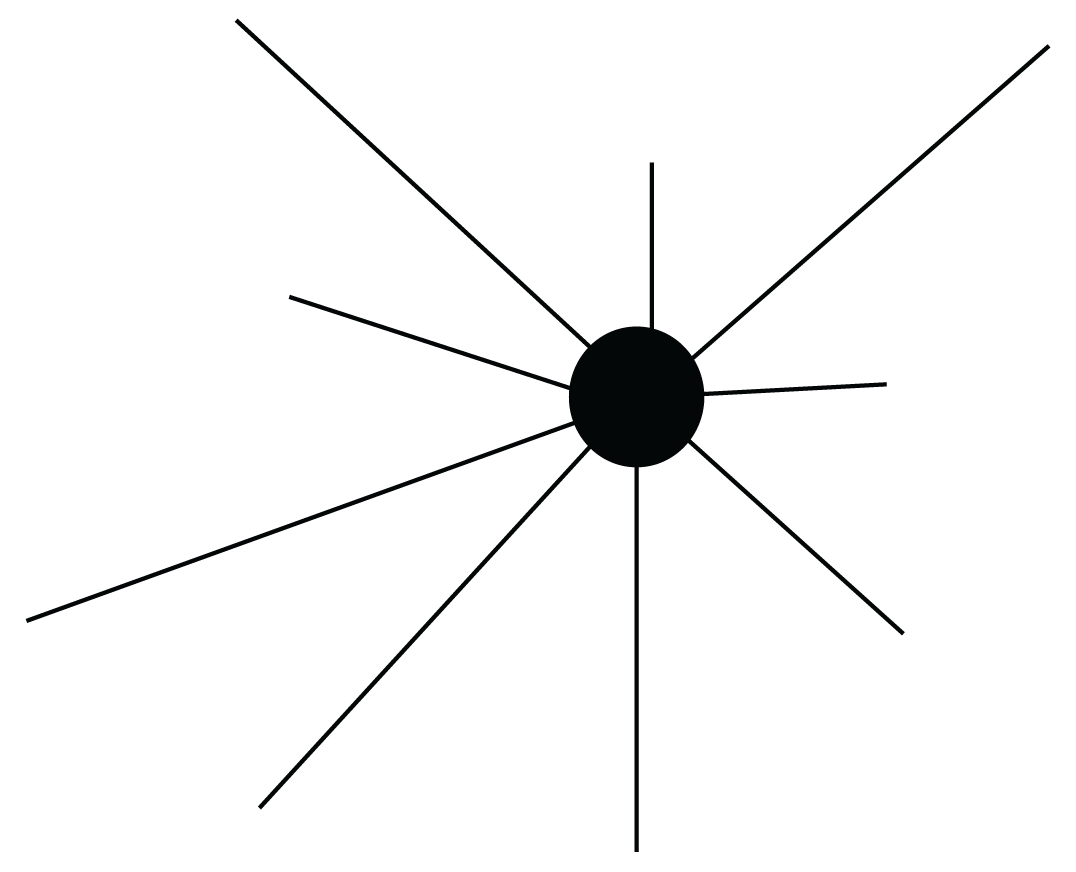
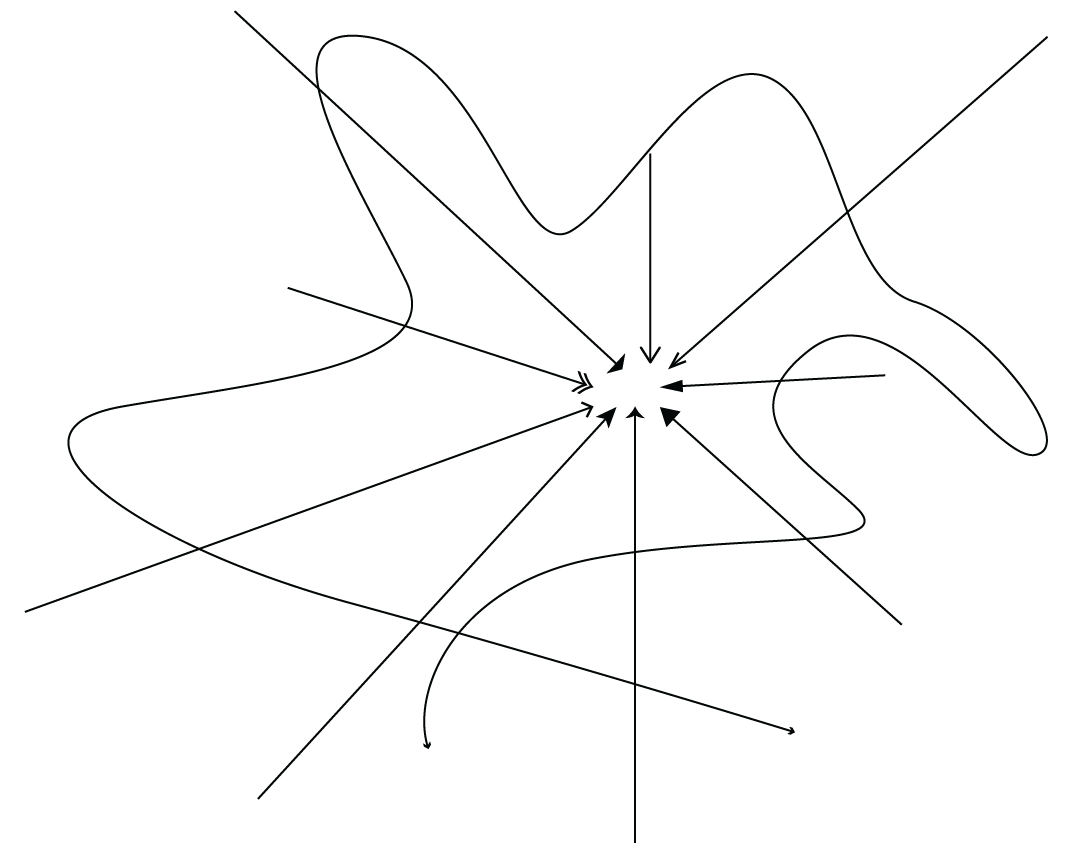
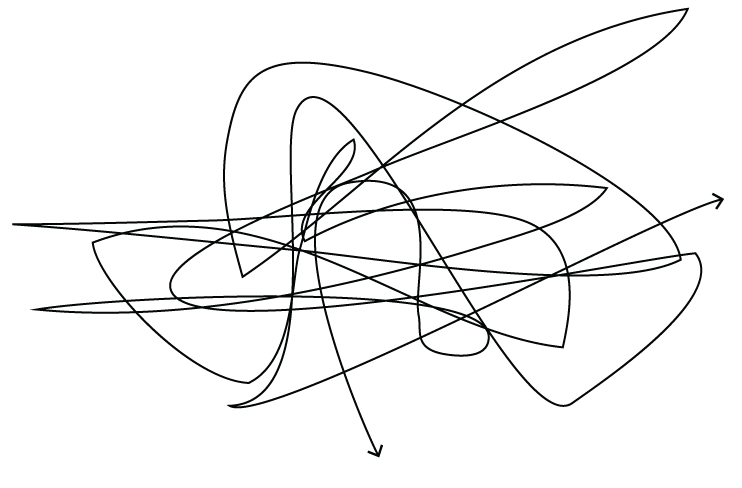
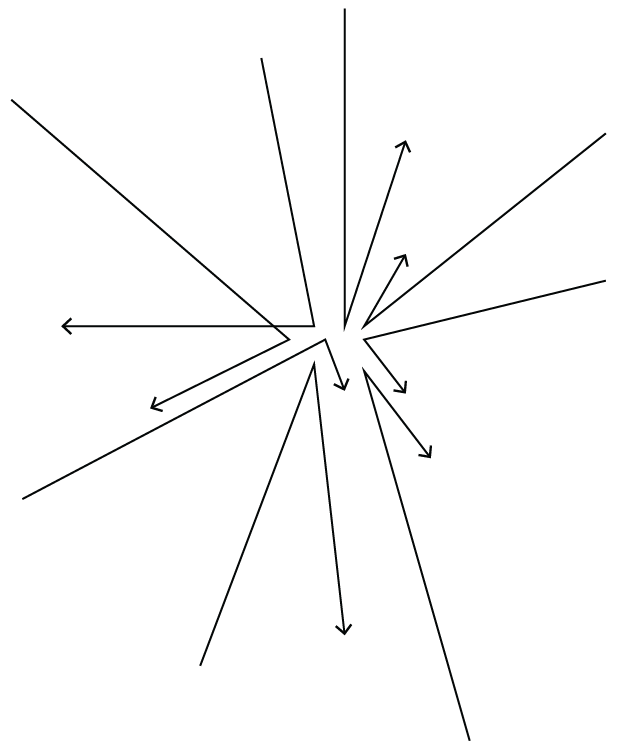
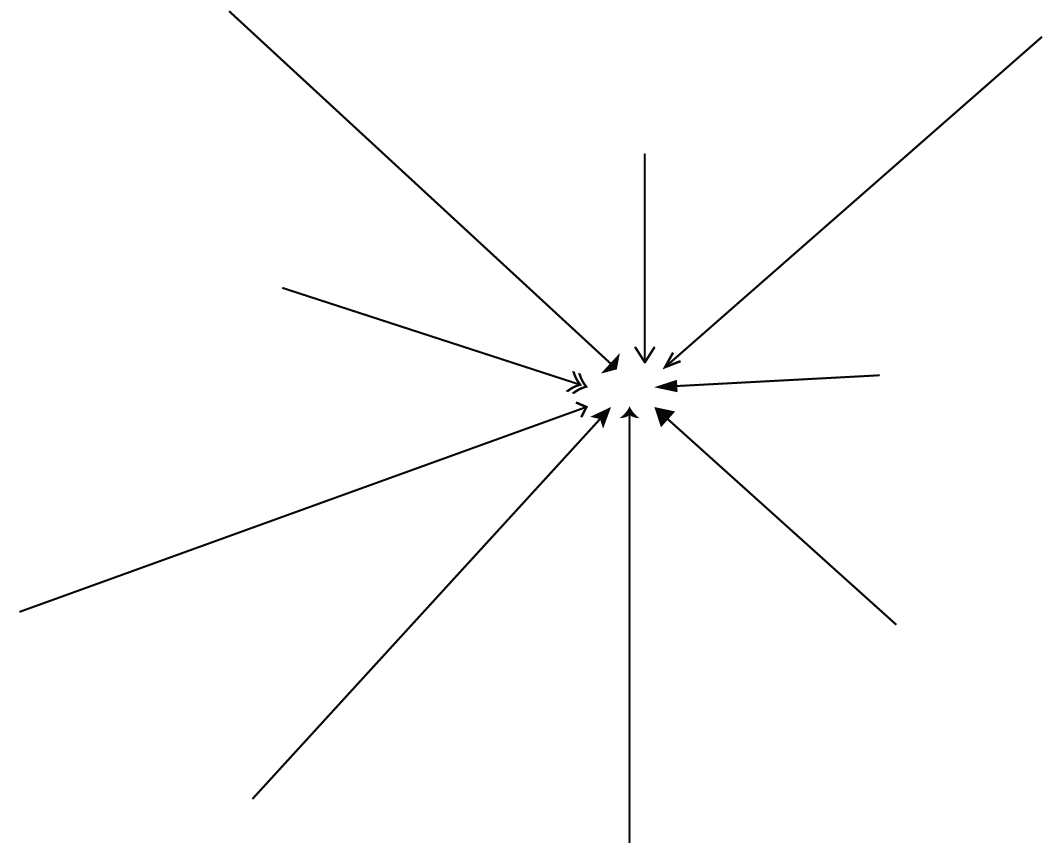
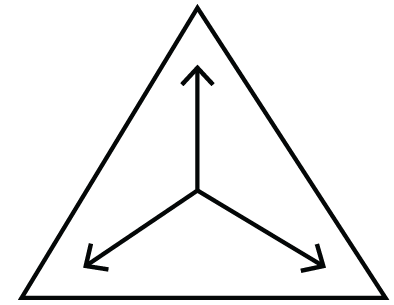
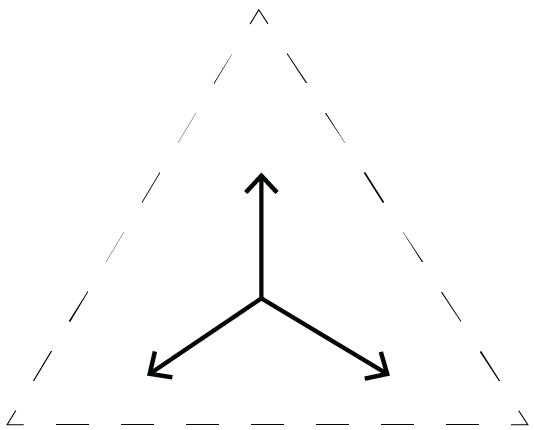

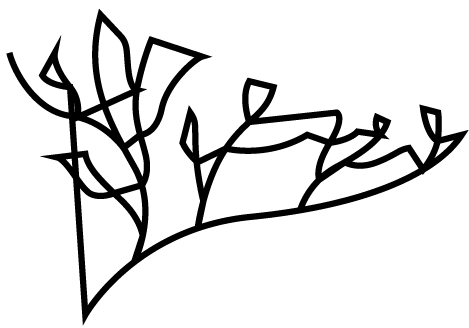
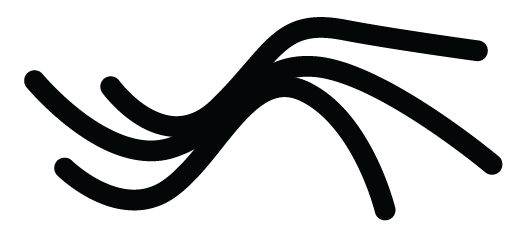
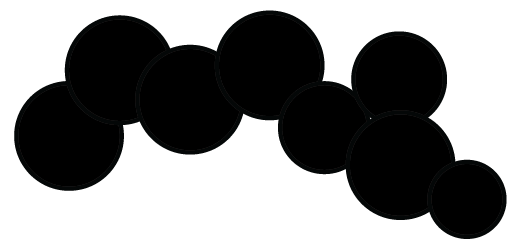
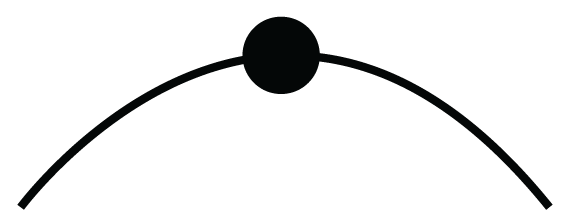
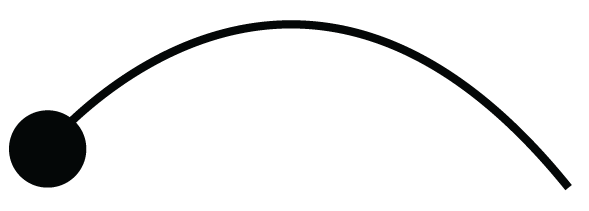


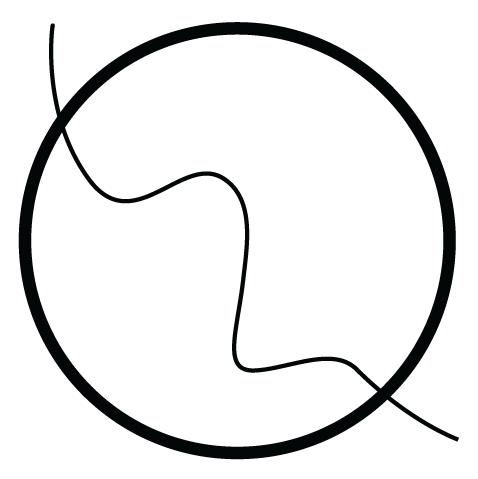
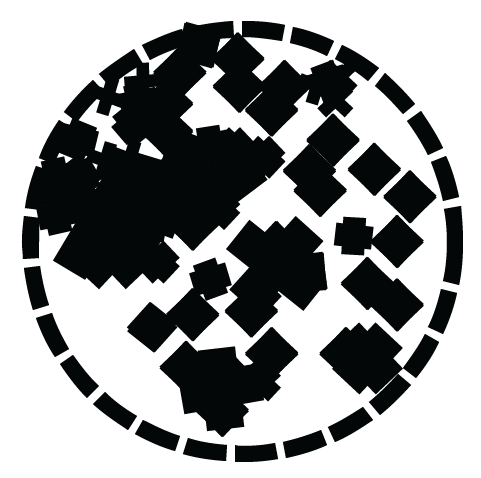


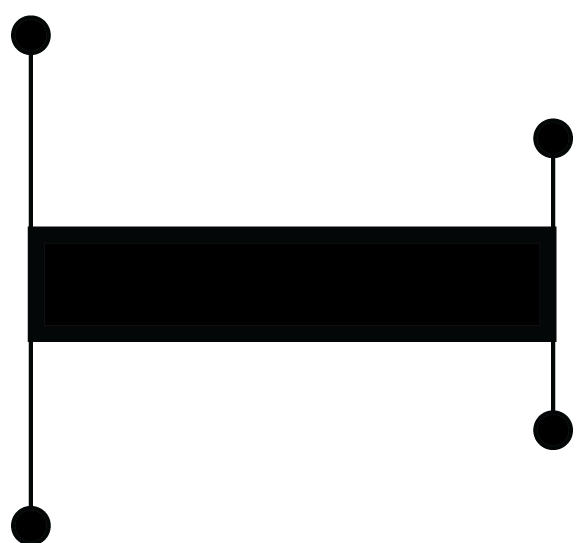

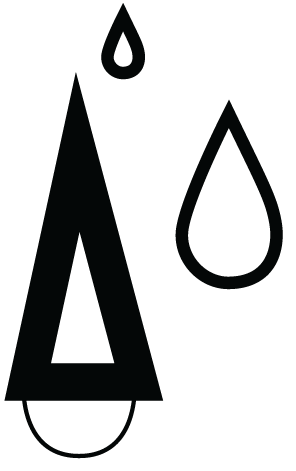

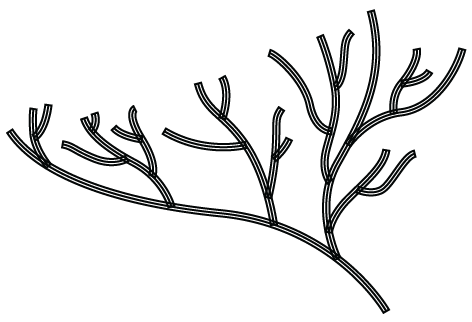
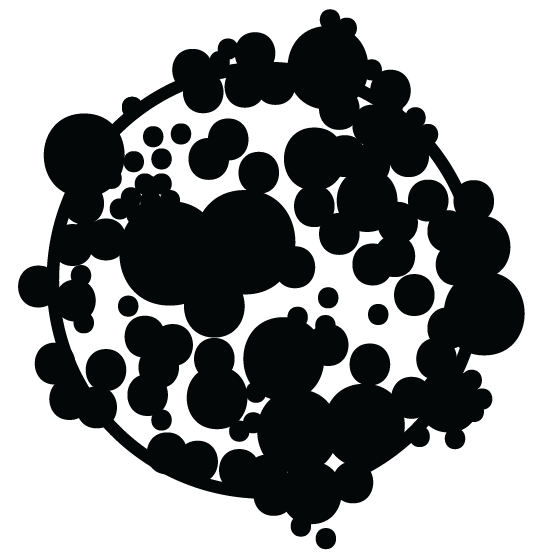
HUMAN IMPLICITLY ABSORBS THE CHARACTER OF HIS SURROUNDINGS
We are born into the world seemingly underdeveloped and most certainly dependant, because we lack the encoded memory that other animal species gain the day they begin their life. A bird is bound to know how to fly even if there is no one to teach him. As emphasized by the researcher in the Department of Psychology at Cambridge University, Dr Joshua Plotnik, in order to develop full potential, the brain of our new-borns needs stimulation of other humans. Scientifically explained, the behaviour in transit that we all gain automatically as a species is only a selection of prime activities like crying, coughing, secreting, maybe even laughing. But none of them predetermines who we become as individuals with diverse knowledge, emotions and experiences, which then define our abilities (to operate and create tools). All of the different capabilities we achieved as a species through the two thousand years of human lifetime, required learning from others. This makes us obligate social integrators. This makes us obligate learners.1
Social contact and culture defines our adult intelligence and without it we are closer to animals than we would ever think. At the heart of being a human then lays the culture in which the crucial aspect of it is cooperation.
This shows that the basis of our development form the social environments we are enclosed in. First the one we are born into and further the ones we choose to take part in. What it also means is that our brain never stops developing, despite the fact that the size of it is fully grown by the age of 53, but that only sets the ground for the hyper connections of neurons in which unlimited amount of new proficiency and intellectual accomplishments can run, Prof Jeff Lichtman from the Harvard University delienates.4 Even if our personality has a naturally predefined character (from the genes and the initial socialization of our early age), the things (and people) we progressively encounter are explicitly defining who we are in the endless development of our mutable nature. If the human mind at birth is thus such a tabula rasa, a blank slate upon which experience records itself as human knowledge, how vulnerable might we be to the distorted values that are emerging for instance through the use of social media mentioned in the first chapter?
As an example, Millennials are experiencing a significant shift in terms of preserving their privacy. The general sense for it is undoubtedly affected (by the Internet culture) compared to the previous generations as we witness more and more people among us sharing publically snaps from their confidential environments: from pictures of their lovers in bed (ostentatious to interest others in the fact they probably just had sex) to actual uncensored nude selfies. Imagine explaining such motives to your mother or grandparents when they hardly understand why we feel the need to be ‘connected’ with others throughout the whole day. And why do we really? Nevertheless, this is just an example of the clash between the nature of us and the use of the latest submitted tools, because the sharing and spreading, the connectivity and networks and the diversity of tasks and interests provided in these real or virtual coexistencies are part of what made and makes us human.
HUMAN IS THE STRONGEST INDEPENDANT INDIVIDUAL
DEPANDING ON THE CROWD
The outgrowth of our collaborative-networked existence is all the complex tools easing our everyday life tasks. Leaving aside for a moment the burdensome consequences discussed in the second chapter ‘Wheeze of Nature’, we have to note that our extraordinarily refined technology devices seem to be climaxing this on-going powerful tendency to share and forward the knowledge, which we would never achieve without our sense for reciprocity and pro-social tendencies.
It is both our strength and weakness that we learn and adapt to the patterns of the crowd so easily. Whilst it can enforce the power within these connections of community and combine knowledge, on the other hand it seems that we can easily become blinded by empty promises coming from the top of the social hierarchy and we can foolishly become followers (of some sort of stronger leading power). If what makes us human is also the ability to collectively cooperate, why have we then predominantly acquired a system of centralized power?
One reason we can observe is that in order to develop the best genetic lineage of species, nature created a predisposition in most mammals to fight for and uphold the position of an alpha male before they can conceive to pass on the strongest genetics that will have the capability to endure and survive. The bug of this otherwise efficient self-protective nature code lies in the fact that the winner is an embodiment of physical power, not necessarily mental intelligence. Thus even most of human history archives events where the leading power was attained by force instead of cooperative negotiations aiming for peaceful consensus, which many times lead to an unwanted centralized power.
The other reason is that from time immemorial, people tend to create and worship their heroes. Being it Gods of different religious faiths or the Hollywood celebrities, they requisite to have some role models, whose power can be more significant than one would think. For instance, the mentioned loss of privacy can be partially attributed to some of the idols in the entertainment industry (viz Miley Cyrus or Kim Kardashian). These obsessions with an idealistic vision of a person or a spirit is on one hand decongesting the weight of reality, making it easier to believe in something better, on the other hand it quietens the voices of unique individual imagination. Following the trends of a community can lead to loosing the sense of who we are as individuals, which is also the case in the McDonalization discussed in the third chapter and gives us a better sense of how the human behaviour encoded by centuries of transmitted experience tends to almost posses a need to obey. This only confirms that humans tend to cleave to one another to conciliate their strengths because in the freedom of being an individual on your own, life could become slightly ungraspable.
HUMAN BELIEVE IN THE IMPOSSIBLE LEADS TO THE REAL POSSIBILITY
A fascinating phenomenon can be observed in the literature concealing utopian ideas about the future world. Books based purely on human fantasy and imagination gave origin to actual nowadays-used objects. The dreaming, which tends to be ridicule by public living in rational society (mentioned in the third chapter), can thus be considered as a seed of a slowly, but surely grown fruit feeding the beasts hungry on modernity and innovation. The early visions of a science-fiction writer of the 19th century, Jules Verne, reveals a prophet of the now-present future. Thanks to his written ideas, numerous contrivances has been added to the selection of human tools like submarine, solar sail, lunar modules, space down spaceship, skywriting etc. The imagined gives rise to the implemented. Human history is thus full of “impossible became possible”.
Art has been supporting the idea of faith and imagination in higher powers since we can think of. It illustrated the liberating human ideas as well as passed on the learned wisdom of life experience and the achieved knowledge.
Design can be considered the combination of the so far attained human skills of creating ingenious tools together with the artistic aspect of beauty and fantasy, which opens possibilities and can turn into innovation. Many great designs are simple and common , leading people to forgetting the the value of this profession, but there are few brilliant ideas in our history that can be mentioned as a counterargument to these sceptics to suggest that designers mean to articulate people’s needs and to build devices we actually use. That can implicate creating products that ease even the tiniest daily inconveniences.
Take for instance a thermos that can simply keep our tea warm for a longer period of time or actually save lives by delivering vaccines to the most remote places in the world. In fact, the most basic thing like a chair we sit on can represent the difference between a bad and a good design that enables you to sit for hours in the office without feeling pain. Think also of its use in medical context or space; the invention of a dentist seat or an astronaut seat. Designer has to be capable of taking into account all of the required aspects of the use (while literally imagining it ahead even if the object doesn’t exist yet).
HUMAN TOUCH SECURES OUR SURVIVAL
EXPERIENCE SECURES HUMAN EVOLUTION
The downside of our need for creating shared societies is that the more there was of us, the more organizing had to be applied. This happened through logic and reasoning as mentioned both in the second and third chapter and caused us to unconsciously suppress some of our natural characteristics. Does that sound familiar? It is indeed something we repeatedly hear, but nobody really offers to be more concrete about what those human natural instincts are. Maybe we can learn about this from the famous experiment of Harry Harlow - ‘The Psychopathic study into the obvious’.
In order to demonstrate that love and closeness of another being has a crucial impact on our personality and psychological fundus for the rest of our life, Harlow separated numerous newborn rhesus monkeys from their mothers and put them into a complete isolation. They were fed through metal substitute mothers and accompanied by a cloth substitute mothers. The question he wanted to answer through this scientific experiment was whether they create a bond with the one that is feeding them or the one providing the warmth of a softer coating closer to their own furry skin, but doesn’t maintain any food.
Referred to as ground-breaking revelations, this proved that we need to be provided with a lot of physical contact and love in early years, emphasising the importance of mother-child bond. The monkeys spend twenty two hours of the days with the cloth mother which held no food and used the other one only for the moments of hunger.
Lesson is learned, but if we do think twice, what we should be really asking is why we need such unethical experiments to explain with reason these very instinctive and basic nature innateness? There could have been possibly countless of mothers bringing this message to the world, but nobody listens until it is proved by a scientific experiment that leaves behind tormented creatures.
That is one of the answers that could underline the theory that the basic wise signals given to us by nature stunted. Previously proving that we are born with pro-social tendencies, obviously we are meant to be shaped by socialization, but we shouldn’t allow the reasoning of our inner instincts and emotions. They are the things that connect us to our own existential needs.
Our longing for love is thus very physical in the early stage of our life. We need physical contact, which represents security, comfort and protection. Once we become more independent, love starts to be understood through emotional contact. However, most of the things that we learn, we obtain through conscious experience.
Language, the great advancement of communication that made the cooperation between people so much more doable, we can learn one very interesting phenomena: the same brain areas are activated when we try to execute a complex physical activity (like hewing a flint) as when we try to compose complex language sentences. This of course, posesses the question as to why this should be relevant?
During our, human evolution, human first managed to create a tool and only then it managed to come up with the tool of language, where the brain still sees these two very different activities as very alike. The making of a tool with use of hands preceded the intellectual achievement of a mind, which leaves us with possible evidence that the evolution in our brain wouldn’t have happened without the mental earnings from the physical experience.